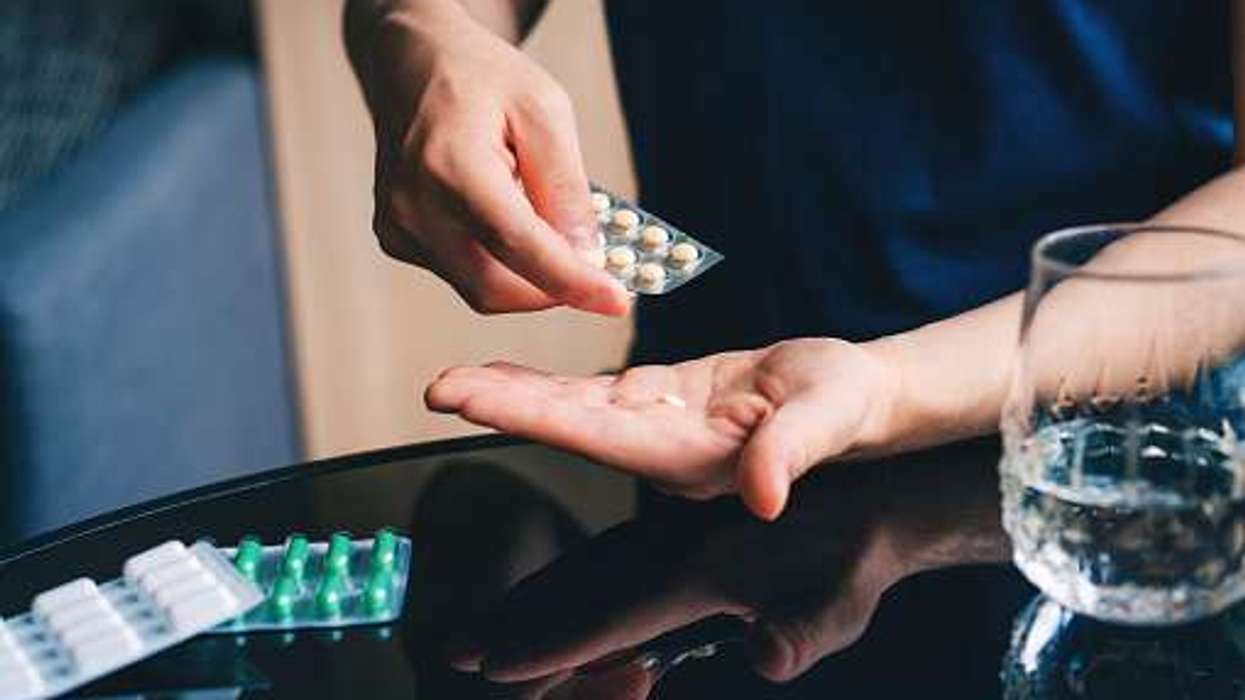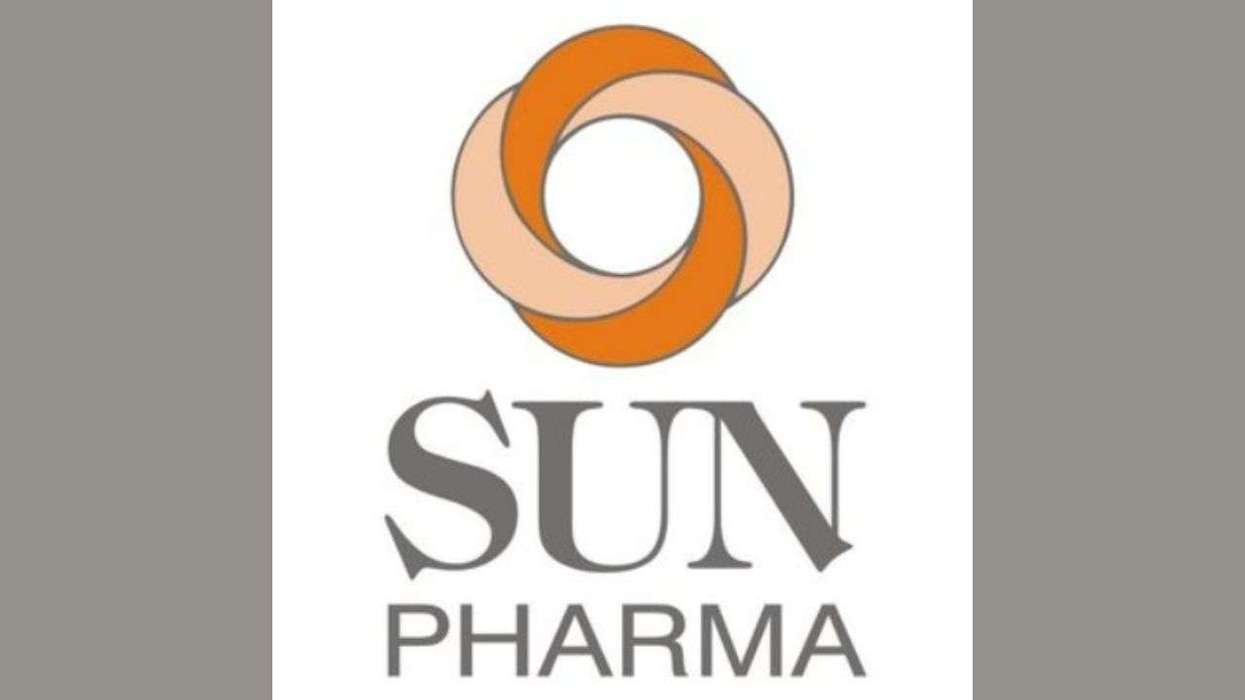The Royal Pharmaceutical Society (RPS) has called for a 'firm commitment' to prosecuting those making profits through the sale of DNP (2,4-Dinitrophenol).
It has also urged the social media companies to ‘remove content promoting or selling DNP to further reduce harm’.
Legislation to regulate DNP will come into effect on 1 October 2023. On Monday (23 January) it was announced that DNP will be included in the 1972 Poisons Act.
President of RPS Professor Claire Anderson said: “DNP is unfit for human consumption and its main use is in the manufacture of explosives and pesticides. It is sold by unscrupulous dealers to vulnerable individuals wanting to lose weight but has a dangerous effect on the metabolism and has led to 32 deaths since 2007 in those taking it as a ‘diet drug’.
“Including DNP in the Poisons Act is a positive move as it will restrict its availability, but what’s really needed is an outright ban to reduce the risk to the public. Australia has already classified DNP as a substance of such a danger to health as to warrant prohibition of sale and we’d like the UK to follow suit.
“We are concerned that DNP is still in circulation and want to see a firm commitment to prosecuting those who make profits from it. We also call on social media companies to remove content promoting or selling DNP to further reduce harm.”











